The Box-Set: This beautifully crafted box includes digitally remastered vinyl editions of the Up Home EP, and the Sixty Nine and i LPs. These remasters have taken the music to another level; more detailed, bigger, brighter and deeper.
Also: A newly commissioned mini A.R. Kane biodiscography printed booklet and the ARK Hive, a fold out timeline of the music and times of A.R. Kane.
A postcard with digital download code (the Up Home EP with three remixes exclusive to A.R.Kive, W.O.G.S remix by Slowdive, Baby Milk Snatcher remix by Tim Reaper, and a Baby Milk Snatcher remix by Louis Tambala)
Albums featured:
Track list:
1. Baby Milk Snatcher
2. W.O.G.S.
3. One Way Mirror
4. Up
1. Crazy Blue
2. Suicide Kiss
3. Baby Milk Snatcher
4. Scab
5. Sulliday
6. Dizzy
7. Spermwhale Trip Over
8. The Sun Falls Into The Sea
9. The Madonna Is With Child
10. Spanish Quay (3)
1. Hello
2. A Love From Outer Space
3. Crack Up
4. Timewind
5. What's All This Then?
6. Snow Joke
7. Off Into Space
8. And I Say
9. Yeti
10. Conundrum
11. Honeysuckleswallow
12. Long Body
13. In A Circle
14. Fast Ka
15. Miles Apart
16. Pop
17. Mars
18. Spook
19. Sugarwings
20. Back Home
21. Down
22. Supervixens
23. Insect Love
24. Sorry
25. Catch My Drift
26. Challenge
Exclusive download only tracks:
W.O.G.S remix by Slowdive
Baby Milk Snatcher remix by Tim Reaper
Baby Milk Snatcher remix by Louis Tambala
A.R. Kive collates the three most astonishing works from that most miraculous of duos - A.R. Kane - comprising the Up Home EP from 1988 that signified the band’s dawning realisation of their own powers and possibilities, their legendary debut LP sixty nine (1988) and its kaleidoscopic, prophetic double-LP follow up i (1989).
In founder-member Rudy Tambala’s new remastering, the music on these pivotal transmissions from the birth of dream pop, have been reinvigorated and re-infused with a new power, a new depth and intimacy, a new height and immensity. Vivid, timeless and yet always timely whenever they’re recalled, these records still force any listener to realise that despite the habits of retrospective myth-making and the safe neutering effects of ‘genre’, thirty years have in no way dimmed how resistant and dissident to critical habits of categorisation A.R. Kane always were. Never quite ‘avant-pop’ or ‘shoegaze’ or ‘post-rock’ or any of those sobriquets designed to file and categorise, A.R. Kive is a reminder that those genres had to be coined, had to be invented precisely to contain the astonishing sound of A.R. Kane, because previous formulations couldn’t come close to their sui generis sound and suggestiveness. This is music that pointed towards futures which a whole generation of artists and sonic explorers would map out. Now beautifully repackaged, remastered and fleshed out with extensive sleeve notes and accompanying materials, ‘A.R. Kive’ reveals that 35 years on it’s still a struggle to defuse the revolutionary and inspirational possibility of A.R. Kane’s music.
A.R. Kane were formed in 1986 by Rudy Tambala and Alex Ayuli, two second-generation immigrants who grew up together in Stratford, East London. From the off the pair were outsiders in the culturally mixed (cockney/Irish/West Indian/Asian) milieu of the East End, with Alex and Rudy’s folks first generation immigrants from Nigeria and Malawi, respectively. The two of them quickly developed and fostered an innate and near-telepathic mutual understanding forged in musical, literary and artistic exploration. Like a lot of second-generation immigrants, they were ferocious autodidacts in all kinds of areas, especially around music and literature. Diving deep into the music of afro-futurist luminaries such as Sun Ra, Miles Davis, Lee Perry and Hendrix, as well as devouring the explorations of lysergic noise and feedback from contemporaries like Sonic Youth and Butthole Surfers, they also thoroughly immersed themselves in the alternate literary realities of sci-fi and ancient history (the fascination with the arcane that gave the band their name), all to feed their voracious cultural thirsts and intellectual curiosity.
It was seeing the Cocteau Twins performing on Channel 4 show the Tube that spurred A.R. Kane into being - “They had no drummer. They used tapes and technology and Liz Fraser looked completely otherworldly with those big eyes. And the noise coming out of Robin’s guitar! That was the ‘Fuck! We could do that! We could express ourselves like that!’ moment”, recalls Tambala - and through a mix of confidence, chutzpah, ad hoc almost-mythical live shows and sheer innocent will the duo debuted with the astonishing ‘When You’re Sad’ single for One Little Indian in 1986. Immediately dubbed a ‘black Jesus & Mary Chain’ by a press unsure of WHERE to put a black band clearly immersed in feedback and noise, what was immediately apparent for listeners was just how much more was going on here - a tapping of dub’s stealth and guile, a resonant umbilicus back to fusion and jazz, the music less a conjuration of past highs than a re-summoning of lost spirits.
The run of singles and EPs that followed picked up increasingly rapt reviews in the press, but it was the Up Home EP released in 1988 on their new home, Rough Trade that really suggested something immense was about to break. Simon Reynolds noted the EP was: "Their most concentrated slab of iridescent awesomeness and a true pinnacle of an era that abounded with astounding landmarks of guitar-reinvention, A.R. Kane at their most elixir-like, finding their quintessential art's core in the ear-dazzling rush of 'One Way Mirror’ and the spangled vastness of ‘Up’”.
If anything, the remastered Up Home that forms the first part of A.R. Kive is even more dazzling, even more startling than it was when it first emerged, and listening now you again wonder not just about how many bands christened ‘shoegaze’ tried to emulate it, but how all of them fell so far short of its lambent, pellucid wonder. This remains intrinsically experimental music but with none of the frowning orthodoxy those words imply. A.R. Kane, thanks to that second generation auto-didacticism were always supremely aware about the interstices of music and magic, but at the same time gloriously free in the way they explored that connection within their own sound, fascinated always with the creation of ‘perfect mistakes’ and the possibilities inherent in informed play. ‘sixty nine’ the group’s debut LP that emerged in 1988 had critics and listeners struggling to fit language around A.R. Kane’s sound. As a title it was telling - the year of ‘Bitches Brew’, the year of ‘In A Silent Way’, the erotic möbius between two lovers - and as originally coined by the band themselves, ‘dream pop’ (before it became a free-floating signifier of vague import) was entirely apposite for the music A.R. Kane were making. Crafted in a dark small basement studio in which Tambala recalls the duo had “complete freedom - We wanted to go as far out as we could, and in doing so we discovered the point where it stops being music”. There was an irresistibly dreamy, somnambulant, sensual and almost surreal flow to sixty nine’s sound, but also real darkness/dankness, the ruptures of the primordial and the reverberations of the subconscious, within the grooves of remarkable songs like ‘Dizzy’ and ‘Crazy Blue’. Alex’s plangent vocals floated and surged amidst exquisite peals of refracted feedback but crucially there was BASS here, lugubrious and funky and full of dread, sonic pleasure and sonic disturbance crushed together to make music with a center so deep it felt subcutaneous, music constructed from both the accidental and the deliberate, generous enough to dance with both serendipity and chaos. sixty nine remains - especially in this remastered iteration - ravishing, revolutionary.
The final part of this A.R. Kive contains 1989’s astonishing double-LP i which followed up on sixty nine's promise and saw the duo fully unleash their experimental pop sensibilities over 25 tracks, plunging the A.R. Kane sound into a dazzlingly kaleidoscopic vision of pop experiment and play. Suffused with new digital technologies and combining searingly sweet and danceable pop with perhaps the duo’s strangest and boundary-pushing compositions, the album did exactly what a great double-set should do - indulge the artists sprawling pursuit of their own imaginations but always with a concision and an ear for those moments where pop both transcends and toys with the listeners expectations. Jason Ankeny has noted that “In retrospect, i now seems like a crystal ball prophesying virtually every major musical development of the 1990s; from the shimmering techno of ‘A Love from Outer Space’ to the liquid dub of ‘What’s All This Then?’, from the alien drone-pop of ‘Conundrum’ to the sinister shoegazer miasma of ‘Supervixens’ — it’s all here, an underground road map for countless bands to follow.” Perhaps the most overwhelmingly all-encompassing transmission from A.R. Kane, i bookended a three year period in which the duo had made some of the most prophetic and revelatory music of the entire decade.
After i the duo’s output became more sporadic with Tambala and Ayuli moving in different directions both geographically and musically, with only 1994’s ‘New Clear Child’ a crystalline re-fraction of future and past echoes of jazz, folk and soul, before the duo went their separate ways. Since then, A.R. Kane’s music has endured, not thanks to the usual sepia’d false memories that seem to maintain interest in so much of the musical past, but because those who hear A.R. Kane music and are changed irrevocably, have to share that universe which A.R. Kane opened up, with anyone else who will listen. Far more than other lauded documents of the late 80s it still sounds astonishingly fresh, astonishingly livid and vivid and necessary and NOW.
The wonder of A.R. Kane’s music reaches its pinnacle of realisation with A.R. Kive.
Not a final chapter.
This music is too good, too immortal in the moments it conjures, to not always summon itself a future.
Listen, and let the revolution in again.


$27.00
Release date: 10/17/2025Rocket Girl Records to release a reimagining of a cult classic - featuring Sonic Boom, Andrew Weatherall’s Scrutton Street circle, Super Furry Animals...

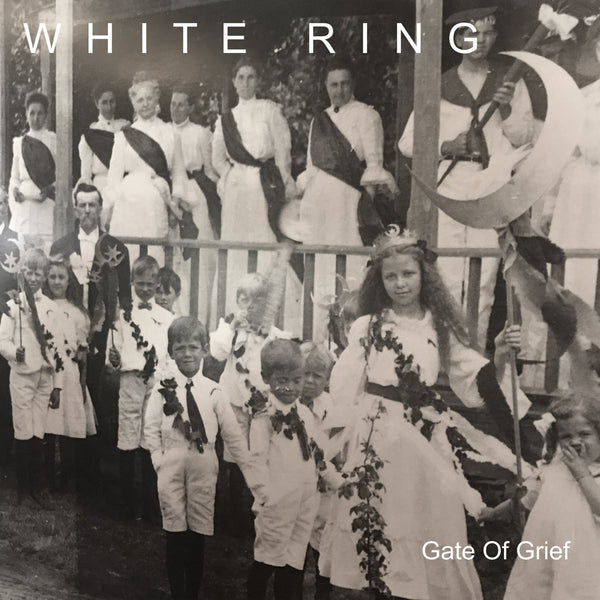
$11.00
Release date: July 27, 20181. Heavy Self Alienation 03:362. Leprosy 02:383. Angels 03:464. Close Yr Eyes 03:075. Fields of Hate 03:076. Low (featuring Fostercare) 03:237. Puppy 01:598. Chained 03:239. Nothing 04:1610. Lasts In 03:1611. Amerika (Lord...

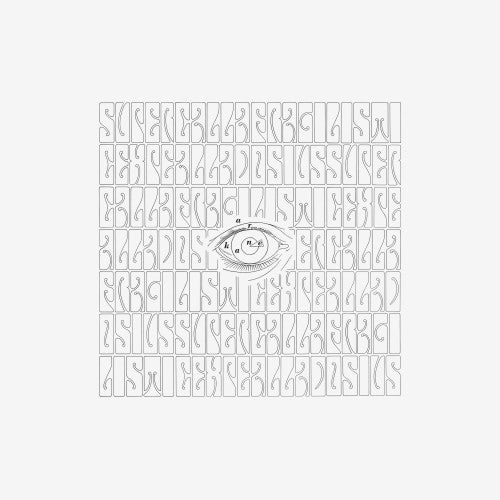
$31.80
Release Date: July 5, 2024All copies have a minor bent corner.REMASTERED DOUBLE BLACK VINYL WITH PRINTED INNER SLEEVES LIMITED TO 500. *Lead review and interview...

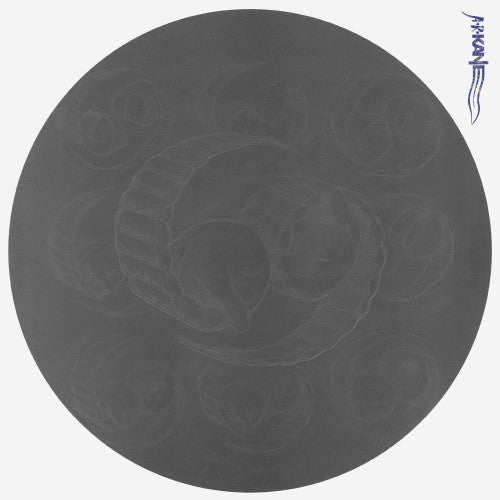
$25.48
Release date: June 21, 2024REMASTERED ROUGH TRADE DEBUT LP LIMITED TO 500 COPIES WITH EMBOSSED OUTER SLEEVE AND ORIGINAL INNER SLEEVE ON BLACK VINYLDream POP,...

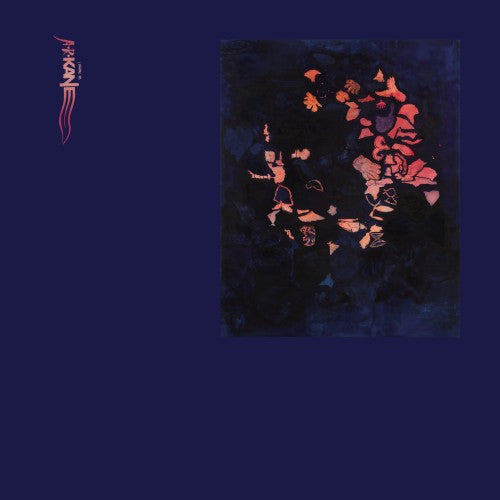
$18.42
Release date: June 21, 2024REMASTERED ROUGH TRADE 4 TRACK EP LIMITED TO 500 COPIES.Everything on “Up Home!” is bigger, richer; the guitars are huge, as...


$23.98
Release date: 9/15/2023Limited edition of 500.Baroque post-rock classic’s first time on vinyl since its original release in 2000. 1. 1:16 2. No Closure 3. A...

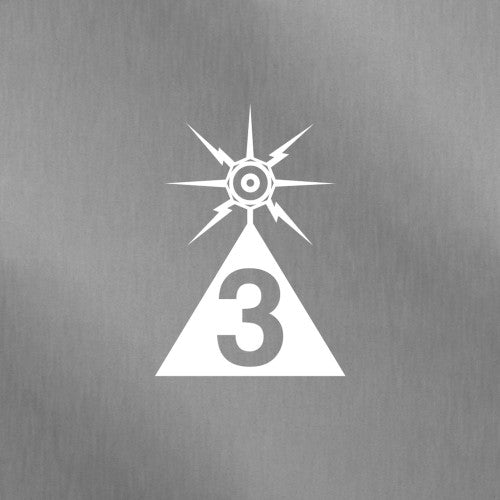
$32.00
Release date: 5/19/2023Limited edition 2xLP. First re-press since initial release May, 1998.1. Bowery Electric - Things'll Never Be The Same2. Amp - So Hot (Wash...

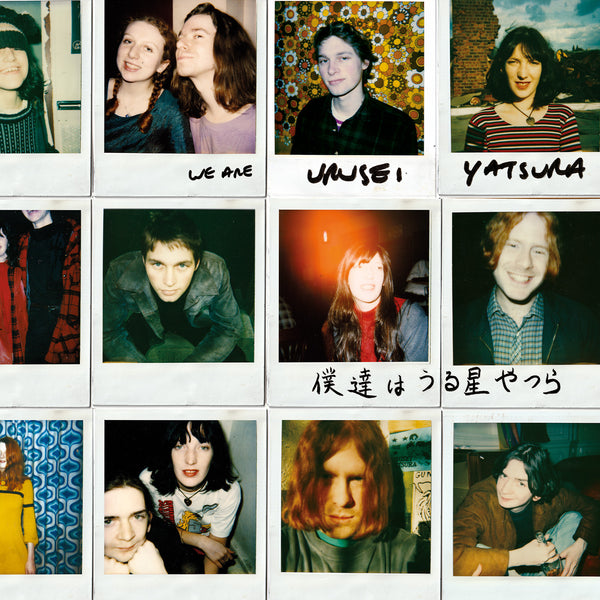
$30.00
Release date 3/3/2023Second pressing. Gold vinyl.Rocket Girl Records announces a remastered 30th anniversary reissue of We Are Urusei Yatsura. The debut full length album featuring the original album...